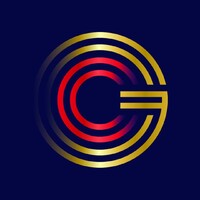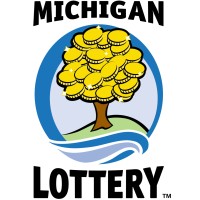
Great Canadian Entertainment
Founded in 1982, Great Canadian Entertainment is an Ontario- based company that operates gaming, entertainment and hospitality destinations across Ontario, British Columbia, New Brunswick, and Nova Scotia. We’re driven by our vision, which is to be the leading gaming, entertainment, and hospitality company in our chosen markets by providing superior entertainment value and exceptional experiences. Fundamental to the company's culture is its commitment to social responsibility. "Proud of our people, our business, our community" is Great Canadian Entertainment's brand that unifies the company's community, volunteering, and social responsibility efforts. Under the Proud program, Great Canadian Entertainment annually supports hundreds of charitable and non-profit organizations in Canada. In each Canadian gaming jurisdiction, a significant portion of gross gaming revenue from gaming facilities is retained by our Crown partners on behalf of their provincial government for the purpose of supporting programs like healthcare, education, and social services. Follow us on social media for more: Facebook: @GRTCanadian Instagram: @GRTCanadian Twitter: @GRTCanadian






